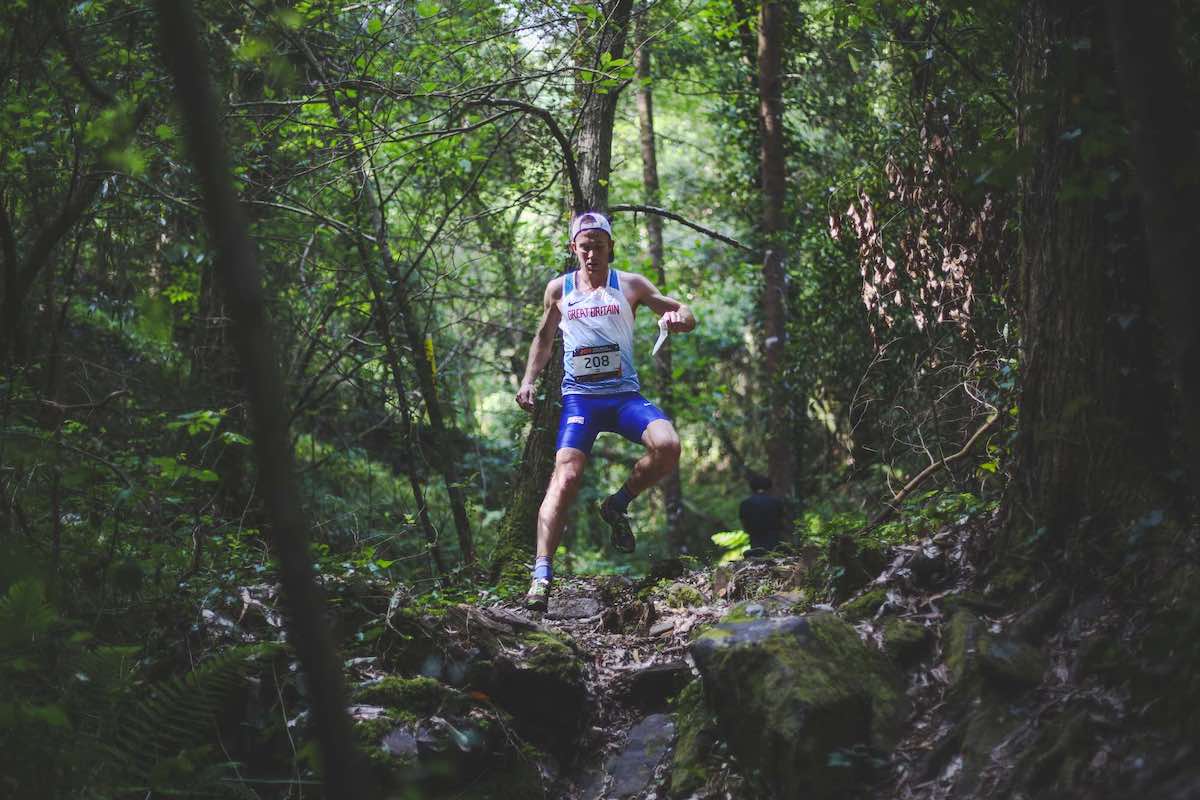As a collegiate distance runner, I was always told that I needed to take two weeks off after each competitive season. Without fail, I would become a sedentary human for exactly 14 days after every cross-country and track season. It was seemingly a rule written in stone, one that should never be questioned or examined.
When I began running professionally in trail races after college, I found my seasons to be less structured. I would train for specific goal races with shorter training cycles. The cycles weren’t scheduled into three-to-four-month seasons like they had been before. As a result, my 14-day break varied significantly. Sometimes I would take a few days off after a big race, and sometimes I would take more. Most of the time, it depended on the length of the race or the soreness of my legs, but it hardly ever followed the 14-day rule that I had adhered to previously.
I never knew why two weeks was a supposed magic number, but I never questioned it until much later in my running career. When I did, I found that those 14 days of rest were arbitrary.
Physical Recovery Time
Before I continue, I want to reinforce that I believe strongly in the benefits of off-season breaks, or extended recovery periods during the course of the year. The physical demand of training and racing ultramarathons or shorter, faster trail races is intense. We cannot keep increasing training loads endlessly without something catching up to us. Stress in training is a good thing, but without enough recovery, the risk of overtraining or injury increases. Those times of recovery allow for super-compensation to take place, which then leads to long-term improvement. Extended breaks after major races or intense bouts of training can give our bodies time to recover and get stronger before the next training cycle. It is also an ideal time to rehabilitate any injuries that have been problematic during the last cycle, or prehab any ongoing issue that has limited training in the past.
Mental Recovery Time
There is also a very important, but often overlooked mental component of time off. De Jonge et al. (2018) explained that, “In training sessions and races, runners are exposed not only to physical demands, but also to cognitive and emotional demands… long-distance runners often have to run precisely, focused and concentrated. During running races, they need to retrieve previously stored information about tactics and opponents (1).” The mental effort of staying focused during an ultramarathon is a huge mental task. There are endless minor and major stresses that a runner has to negotiate to have a successful race. This encompasses everything from overcoming negative self-talk, to the mental effort to stay on top of a nutrition plan late in the race, and to recalling course conditions and important changes in elevation.
The day-to-day cognitive stress during training cycles adds up as well. Obstacles like dealing with a poor workout or summoning the mental effort to start a recovery run on a day that you feel tired are common aspects of a stout training block. A break from running is not only an important physical break, but a mental one as well. Having a mental break helps runners recover more thoroughly, helps reduce running-related injuries, and promotes overall health and performance (1).
Rest That Works For You
There are some obvious benefits of having time off built into a training program, but I think it is important to realize that not all training programs, and not all people, are the same. My two-week break in college was not determined for me as an individual, or my unique training, it was most likely prescribed because it was safe and easy to remember. After learning more from years of racing, I like to consider the details of my training and what the recovery time’s purpose in my training plan should be.
Just as I don’t think a two-week break makes sense for everyone, I can’t write out a perfect time-off plan in this column. There are too many differences in each of our bodies and in our training to give one-size-fits-all advice. Instead, I want to encourage you to consider your own ideal time-off situation. To get started, you can review these criteria:
- How long have you been training at a high level? High volume or high intensity both count as high level.
- What was your recent goal race distance/time?
- Do you currently have any injuries or injury indicators?
- Do you still feel excited to get out and train at your current level of intensity or volume?
These questions can help you decide what amount of time off would make the most sense for you. Obviously something like a 20-hour race will require more recovery time than a one-hour race. If you have been training at a high level for a long time, it might make sense to take a couple of weeks off completely to reset. On the contrary, if your goal race was relatively short and you still feel ready to get out and keep training, you might only need a few days off before starting your next training cycle. As long as you’re feeling fully recovered, it can be beneficial to get back to training more quickly, however if that recovery is rushed, the next training cycle will suffer.
Final Thoughts
Ultimately, I believe that time away from running has its place. However, too many runners get caught up with specific recommendations that they have heard from other runners or other sources of information, instead of listening to their bodies. We can learn a lot by paying attention to our bodies and taking an honest look at our physical and mental states. That information can help inform our decisions, especially when it comes to time off. Having recovery periods built into a training plan is an integral part of any periodized training schedule, but not all time off needs to look or feel the same.
Call for Comments
- Do you have a set rest period following a training block?
- What do you do to mentally recover after an intense race or season?
References
- De Jonge, J., van Iperen, L., Gevers, J., & Vos, S. (2018). ‘Take a mental break!’ study: Role of mental aspects in running-related injuries using a randomised controlled trial. BMJ Open Sport & Exercise Medicine, 4(1). https://doi.org/10.1136/bmjsem-2018-000427


